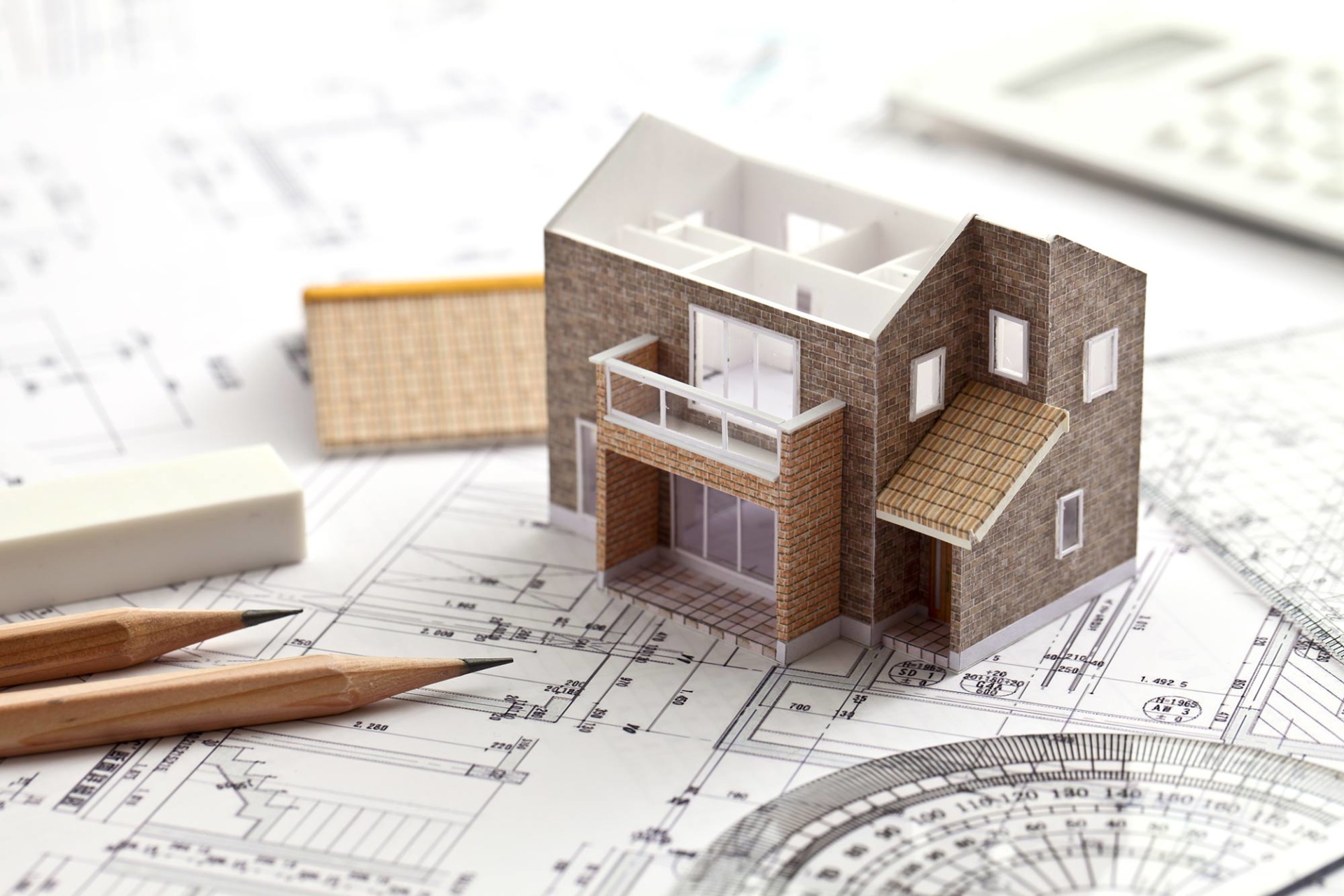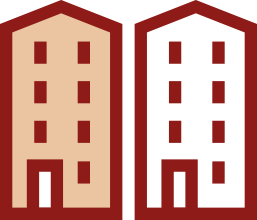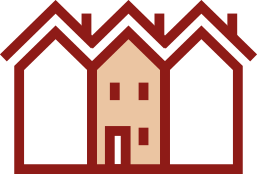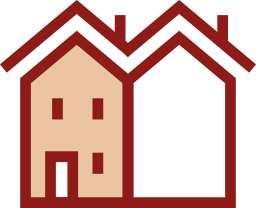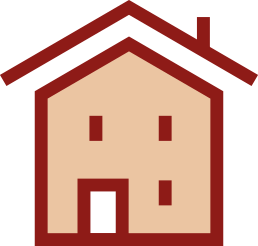The Impact of Local Building Codes on New Build Projects
Building a new home is an exciting venture, but it's also a complex process that involves numerous considerations. One of the most critical aspects to consider is the local building codes.
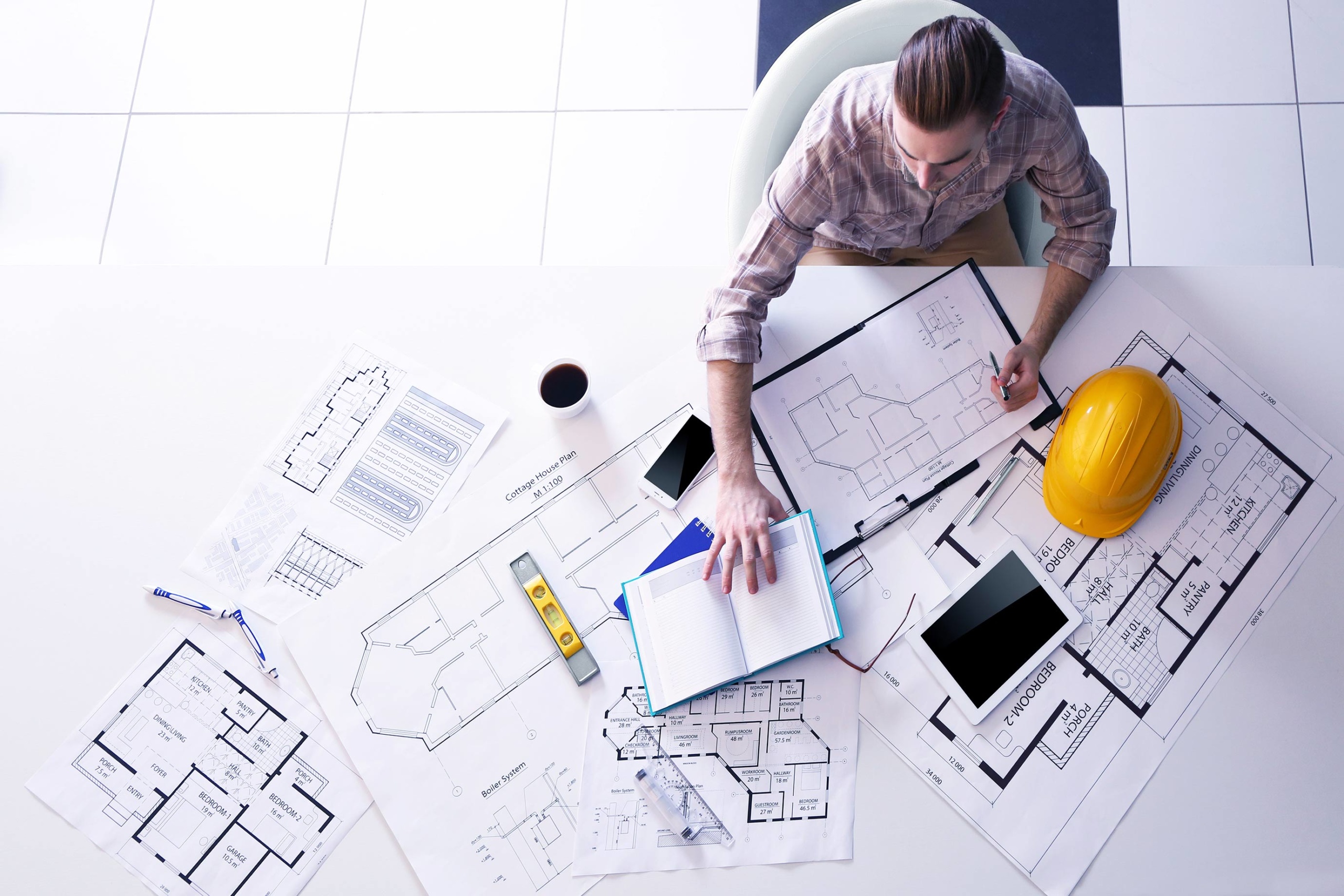
These codes, which vary from place to place, can significantly impact your new build project. Understanding these codes and their implications is crucial to ensuring your project’s success.
Local building codes are sets of rules and standards that dictate how buildings must be constructed or modified. They cover a wide range of aspects, from structural integrity and fire safety to energy efficiency and accessibility. These codes are designed to ensure that buildings are safe, healthy, and sustainable. Steph Fanizza, Architectural Design & Team Manager
Tell us about your plan and we'll send you a free quote! It takes less than 60 seconds!
Building Code Category |
Description |
|---|---|
| Structural Integrity | These codes ensure that the building can safely withstand loads and forces. They cover aspects like the strength of the foundation, walls, and roof, and may require certain materials or construction methods. |
| Fire Safety | Fire safety codes dictate the use of fire-resistant materials, the installation of smoke alarms and fire extinguishers, and the design of escape routes. They aim to prevent fires and ensure people can safely escape if a fire occurs. |
| Energy Efficiency | Energy efficiency codes aim to reduce the building’s energy consumption and environmental impact. They may require specific insulation levels, energy-efficient appliances, and renewable energy systems. |
| Accessibility | Accessibility codes ensure the building is accessible to people with disabilities. They may require features like ramps, wide doorways, and accessible bathrooms. |
| Plumbing and Electrical | These codes ensure the safe and efficient installation of plumbing and electrical systems. They cover aspects like pipe and wire placement, water heater installation, and electrical grounding. |
| Ventilation and Light | These codes ensure the building has adequate ventilation and natural light, contributing to a healthy and comfortable living environment. They may dictate the size and placement of windows and the installation of ventilation systems. |
The impact of local building codes on new build projects is substantial. Firstly, they determine what you can and cannot do. For instance, certain areas may have restrictions on building height, size, or style to maintain a consistent aesthetic or to protect the environment. Ignoring these restrictions can lead to costly fines and delays, or even the need to modify or demolish the building.
Secondly, local building codes can influence the cost of your project. Complying with these codes may require specific materials, construction methods, or professional services, all of which can affect your budget. For example, if your local codes require a high level of energy efficiency, you may need to invest in high-quality insulation, energy-efficient appliances, and perhaps even renewable energy systems.
Thirdly, local building codes can affect the timeline of your project. Getting your plans approved by the local building department is often a prerequisite for starting construction. This process can take time, especially if your plans don’t initially comply with the codes and need to be revised.
Read more about the local building department or independent building inspectors in the UK.
However, it’s not all challenges. Local building codes can also bring benefits. By ensuring your new build is safe, healthy, and sustainable, they can enhance its value and appeal. Furthermore, they can protect you from potential issues down the line. For instance, if you decide to sell the property in the future, having a home that complies with all local codes can make the process smoother and more profitable.
Absolutely, here’s an expanded conclusion for the first article:
In conclusion, local building codes play a pivotal role in shaping new build projects. They serve as a blueprint that guides the construction process, ensuring that the final product is safe, sustainable, and suitable for its intended use. The impact of these codes is far-reaching, influencing everything from the design and cost of the project to its timeline and eventual success.
Ignoring or misunderstanding these codes can lead to significant challenges, including fines, delays, and even the need for costly modifications. On the other hand, a thorough understanding of local building codes, coupled with careful planning and execution, can bring numerous benefits. It can streamline the construction process, prevent unforeseen issues, and result in a building that is not only compliant but also high-quality and well-suited to its purpose.
Moreover, local building codes can enhance the value and appeal of a new build. By ensuring the building is safe, healthy, and sustainable, they can make it more attractive to potential buyers or tenants. They can also protect the owner from potential issues down the line, such as liability for safety issues or difficulties in selling or renting the property.
However, navigating local building codes can be complex, given their detailed and technical nature. Therefore, it’s advisable to engage a knowledgeable architect or builder early in the planning process. These professionals can provide valuable advice and guidance, helping to ensure your new build complies with all relevant codes and is set up for success.
In the end, local building codes are more than just rules to be followed. They are tools that can help you create a better building – one that is safe, efficient, and built to last. By understanding and effectively navigating these codes, you can turn your vision for a new build into a reality that stands the test of time.





